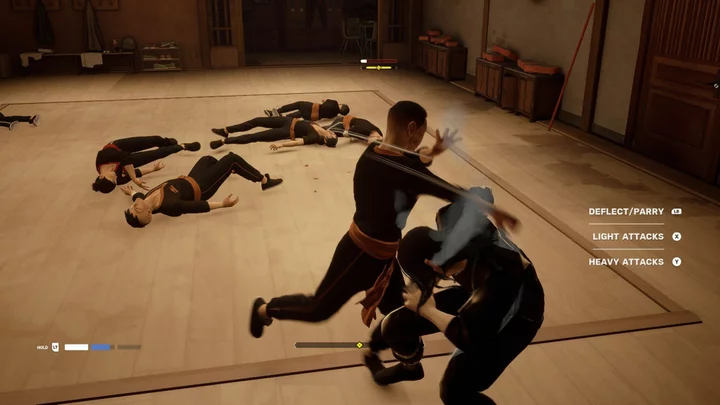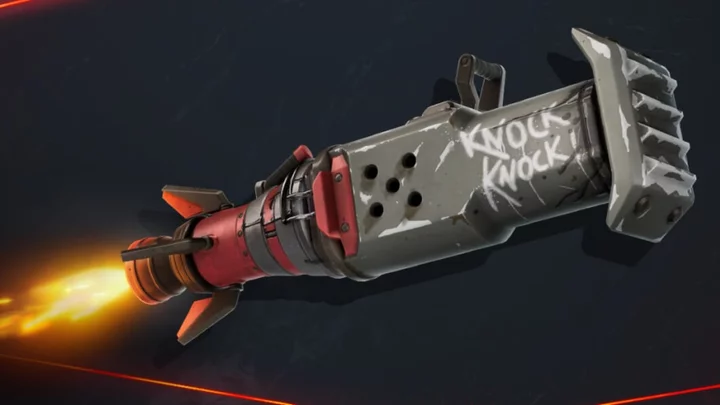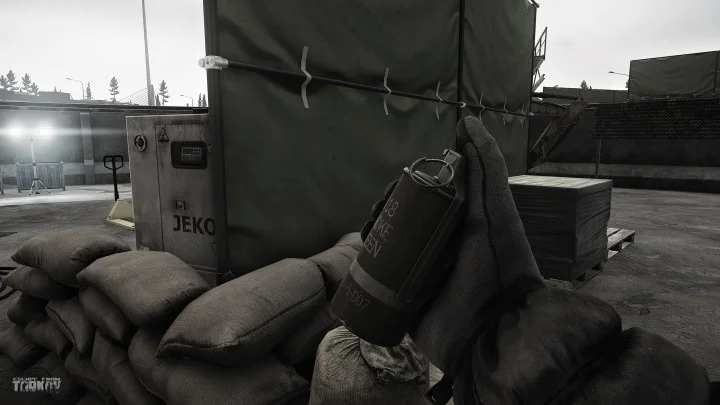Everyone loves a flashy attack or special move, especially in action games. Quite simply, you look cool when you perform cool-looking moves. From Glory Kills in Doom to Obliteration Techniques in Ninja Gaiden and Climax Attacks in Bayonetta, these over-the-top moves give the combat a satisfying visual flair and make the fighting feel rewarding.
The flip side is that defense is pretty understated in the action genre. Blocking or dodging attacks doesn’t have the same visual panache as a super-attack, after all. That's a shame, as I would argue that while flashy moves certainly look good, nailing defense feels good, and makes an action game all the more gratifying.
Sifu makes defense integral to its combat, highlighting the value of having a robust arsenal of defensive tools, particularly since this PC game is so brutally unforgiving.
Sifu
Sifu (for PC) Review
4.0 Excellent $39.99 at Epic Games See It (Opens in a new window)Defense Is Often Oversimplified
Defense is pretty universal in the action game genre. Some games get by with a single defensive ability: you can get through the entirety of Bayonetta or Devil May Cry by simply dodging. Yes, these games also give you alternative options to avoid taking damage, like parrying and jumping. But the game’s challenge is balanced around one critical defensive ability: dodging.
There’s certainly nothing wrong with this, since you can focus your energy on the outrageous combo potential in these games instead and whip out the old reliable evasive maneuver whenever an enemy winds up for a swing. But this also has the adverse effect of over-simplifying the gameplay in some respects: You don’t really need to change tactics or roll with punches, since all you ever need to do when you’re in danger is nail the dodge button.
A variety of defensive abilities widens the scope of the action to accommodate more dynamic combat situations. Think back to Street Fighter V at launch. Besides the game’s other launch day troubles, one of its biggest criticisms during its infancy was a lack of defensive tools. SFV was a very offense-focused, unga-bunga sort of fighter as a result, and this remained the case until the introduction of V-Shift in 2021, which gave characters a parry/counter function that flipped the offense-focused paradigm on its head. New options breathe new life into the fight, and Street Fighter V was a better game for it afterward.
Sifu is designed from the ground up to include various defensive techniques, and it punishes its players harshly for underutilizing them.The same can be said for action games. Granted, this depends greatly on the goal of the game in question. Games that focus on spectacle and creative combos are deliberately designed around limited defensive options. You never need to parry in Bayonetta or Royal Guard in Devil May Cry. These are flourishes with bonus perks for higher-level players to utilize, but they are never required as a core mechanic in the game.
Compare that to a game like Sifu, and there is a gulf of difference in how defense works and how the combat feels as a result. Sifu is designed from the ground up to include various defensive techniques, and it punishes its players harshly for underutilizing them.
What Makes Sifu Special?
Sifu takes much inspiration from Capcom’s God Hand, a highly underrated PS2 action game about a clownish hero who beats down demon thugs with his divine fists. In particular, Sifu draws from God Hand’s high/low strike mechanics and its beefy defensive options. Attacks in both games are classified by their damage and effects (like dazing, staggering, or knockdown), as well as their height (high or low strikes). The games then balance your defense around these various attacks, giving you several abilities to evade or counter incoming blows.
Sifu starts you off with a basic block and parry. These are functionally similar to the system in Sekiro, where a posture gauge (called Structure in Sifu) determines how many consecutive attacks you can block. When the gauge is full, your structure is weakest, so any further blocking results in a guard break. Parrying is done by tapping the block button in sync with an incoming attack. This lets you catch incoming blows, interrupting the attacking enemy’s combo, and doesn’t add to your structure gauge. It’s essentially a powerful super-block.
Timing is critical, however, and heavy attacks, telegraphed by an orange glow, cannot be blocked or parried. To avoid these, you need to evade. You have a dedicated dash button, which you can use to get out of hairy situations, but it also pulls you out of the fray, so you’ll need to work your way back to your target. For on-the-spot defense, you have slipping (bobbing and weaving) and hopping to avoid high and low strikes, respectively. This is done by tapping backward or forwards on the movement stick while holding down the block button. However, these are situational and the timing is tight, so you get punished harshly if you abuse these techniques with poor timing.
All of these moves are relatively easy to execute as well. Block and parry use the same key, and slipping/hopping do as well, but with additional directional input. Dodging/dashing has its own dedicated key. What makes defense truly challenging is timing and application. You need to nail timing down accurately to get any benefit from the move, or you eat damage. Likewise, knowing when to use these moves optimally is a challenge on its own. Early on, it may feel safer to lean on blocking and dashing to avoid damage. However, parrying and slipping keep you in the fray more effectively, giving you a much easier means of countering aggressive opponents. Mastering these systems makes for some thoroughly engaging gameplay, and easily puts Sifu on par with some of the best action games in the genre. Perhaps this is why Geoff Keighley’s 2022 Game Awards erroneously labeled Sifu as a fighting game.
Sifu Is Out on Steam Now
Sifu is a tight action package that delivers the arcade-like challenge of beat 'em ups from yesteryear. It also boasts satisfying replay value thanks to its unique branching levels, death system, and rich defensive mechanics. The recently launched Steam version includes new arena challenge modes, modifiers, and cheats that let you customize your experience, bonus costumes to unlock, and even a Cantonese language track for an authentic Kung-Fu flick feel. There are also tons of unofficial mods, so if you feel like busting some skulls as John Wick or Chun Li, there’s no better game for that feel than Sifu.
Read our full review for more details and our impressions on Sifu. Take a look at our picks for Best PC Action Games while you’re at it. And if you’re curious about what else to snag over the coming months, swing over to our list for The Best Video Games Coming Out in 2023.
Why You Should Game on a PC








